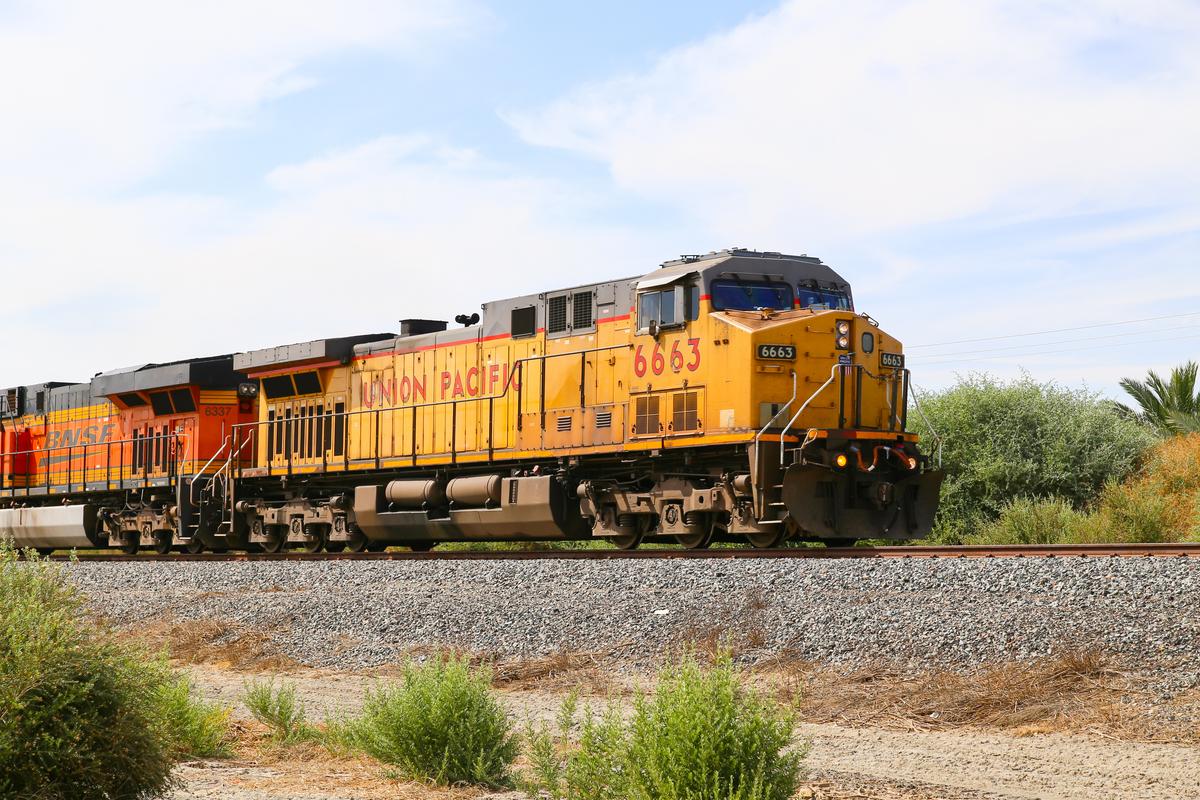It could always be better. Growth could be higher than the 2.6 percent seen in the second quarter. There could be more full-time manufacturing jobs, instead of the thousands of part-time bartending and waitressing jobs added every month.
But despite these drawbacks, the U.S. and global economies have been growing consistently, avoiding major hiccups since the last recession, ending in 2009.
Another thing that has been consistent is the inconsistency of economic indicators. And this mixed picture, neither decidedly positive nor decidedly negative, is the one we see today not just in the United States but across the globe.
United States: Great, Except for Auto and Retail
Despite the justified criticism of the official unemployment rate—that it doesn’t accurately reflect the number of people who are employed only part time or who are no longer looking for work—it’s now lower than before the previous recession.
Inflation is moderate, ranging from 1.6 to 2.7 percent in 2017, with the biggest contributor being rent. Some durable goods prices are trending lower, however, creating consumer purchasing power. “We see outright deflation in some select consumer items—good for consumers if they have spare cash and room in their closets to store the ’stuff,'” wrote research firm TS Lombard, in a report.
Another positive: Wholesalers are doing well. “Sales and inventories grew again in July, with sales accelerating more rapidly. We can see the positive impact on goods flows [in] railcar loadings of containers, which are well ahead of last year and marginally ahead of 2015 as well,” wrote Lombard. “Wholesale sales data provide a strong indication of continued economic expansion,” although Lombard excluded the auto sector, which is one of the more problematic areas of the economy.






